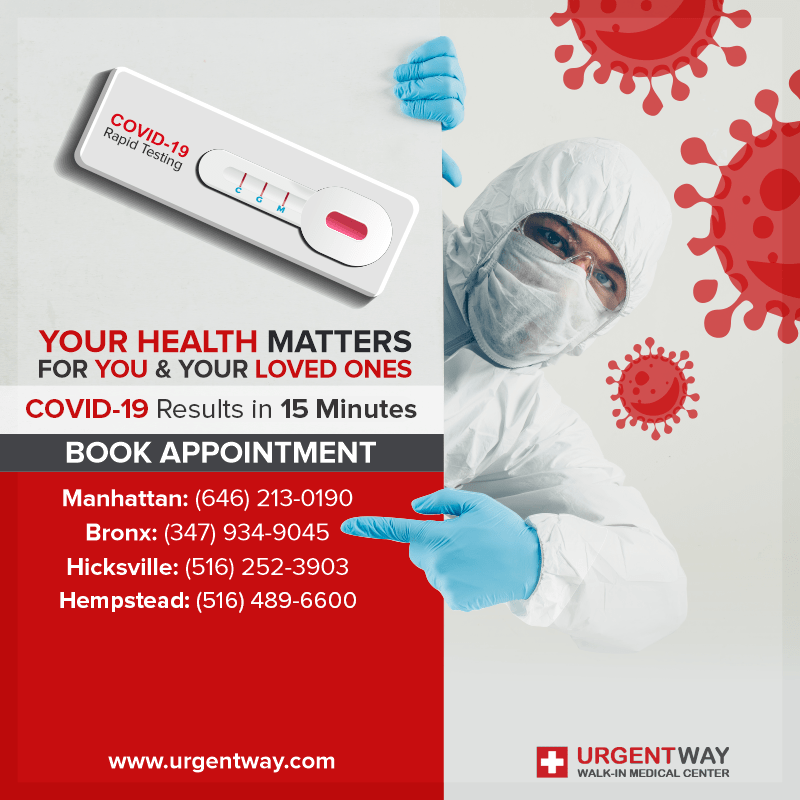Introduction
At the end of 2019, a novel coronavirus belonging to the subgenus beta virus emerged for the first time in Wuhan, China. It caused a pandemic of unusual viral pneumonia. This virus spread rapidly in all countries and posed threats to global public health. Therefore, on March 12th, 2020, the World Health Organization (WHO) announced public health emergency. The symptoms of COVID-19 infection include viral pneumonia, fever, cough, difficulty in breathing, chest discomfort, dyspnea, and bilateral lung infection. This coronavirus transmission in the human body can adversely affect all human systems, organs, and functions. The possible transmission modes of COVID-19 are person-to-person transmission, direct or indirect contact with an infected surface, and aerosol emission during coughing & sneezing. In the early pandemic stage, therapeutic management to combat the coronavirus was limited due to a lack of knowledge of this infection. However, significant progress has been made due to intense research globally, resulting in novel therapeutics and vaccines. If you’re interested to know more about COVID-19, then this article is for you. Continue your reading:
What is COVID-19?
COVID-19 is an infectious disease caused by a coronavirus called SARS-COV-2, which spreads from person to person through different modes. Coronavirus, like other viruses, can mutate and produce more strains.
What are the symptoms of COVID-19?
Coronavirus symptoms differ from mild to severe and take 2-14 days after exposure to develop. Common symptoms of coronavirus are:
- Fever
- Cough
- Shortness of breath
- Chills
- Repeated shaking with chills
- Muscle pain or aches
- Headache
- Sore throat
- Loss of taste or smell
- Runny nose and/or congestion
- Nausea
What causes a COVID-19 infection?
The most common cause of coronavirus infection is inhaling the respiratory droplets of an infected person, which are released into the air through sneezing, coughing, or even talking. In addition, if you touch a common surface that an infected person already touches can also spread coronavirus.
How is COVID-19 diagnosed?
When you notice symptoms of infection, you should be tested. To get tested, your sample is collected through nasal swabs. You may get your result within 1-2 days. You can find a nearby laboratory or health department to get diagnosed.
Do I need to quarantine if I have been exposed to COVID-19?
If you have been exposed to coronavirus but are fully vaccinated and don’t show symptoms, there is no need to quarantine. But, If you have been exposed to coronavirus but not vaccinated against coronavirus, you should stay at home away from other people for five days, followed by a COVID-19 test to diagnose the virus.
Can COVID-19 be prevented or avoided?
Getting COVID-19 vaccination can prevent you and others around you to get infected. In addition, by following the SOPs, you can avoid getting a coronavirus infection.
What are the SOPs to prevent COVID-19 infection?
There are the following SOPs to prevent coronavirus infection:
- Avoid public gatherings
- Wear a mask when you leave your house, including when shopping at the market and if praying at the mosque
- Wash your hands with soap for 20 seconds or with a sanitizer frequently
- Refrain from touching your eyes, nose, mouth, and ears with unwashed hands
- Stay at least six feet away from other people
- Stay at home in case you develop coronavirus symptoms
What is the minimum distance to be kept from each other to avoid COVID-19?
The chain of coronavirus transmission can be broken by practicing physical distancing. This means you should keep a distance of at least 1m from each other and avoid spending time in crowded places or groups.
Is there a vaccine for COVID-19?
There are three vaccines for coronavirus prevention by developing immunity; Pfizer BioNTech, Moderna, and Johnson & Johnson. To maximize protection, coronavirus vaccine booster doses are now recommended for adults aged 12 and older.
Conclusion
COVID-19 is the third human coronavirus infection to be identified as highly pathogenic. Coronavirus is spread in three ways: directly, indirectly, and by aerosols. Direct modes include sneezing, coughing, and speech; indirect modes include infected items and infected surfaces, while aerosols include airborne transmission. The common symptoms are fever, congestion, coughing, and difficulty in breathing. You can diagnose it via a nasal swab test. You should prevent it by following the SOPs and getting a vaccination. Now, this is the time to take a step and break the chain of infection transmission wisely.



